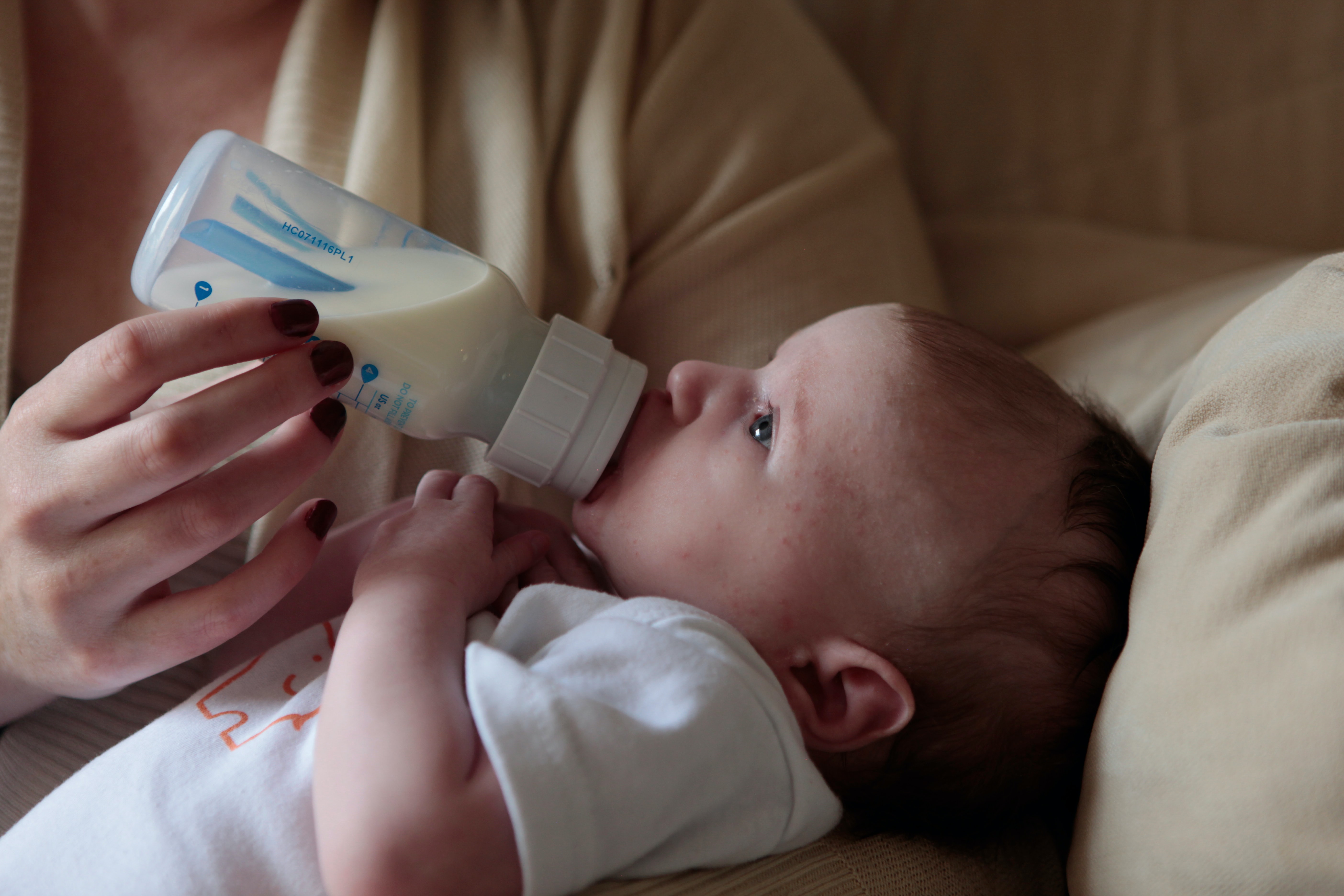As a brand new mom, you’ve possible witnessed your child vomit greater than as soon as. However have you ever seen your child spit-up by the nostril?
Seeing all that milk or system resurface may be reasonably frightful, particularly if it flows from the nostril. Though it might misery your little one, perceive that it occurs ceaselessly and naturally.

Infants ceaselessly spit up. We’ll go over the explanations it happens and how one can decrease the probability that it’ll occur once more.
Child Spit-up By the Nostril — Is It Regular?
It’s commonplace for infants to spit up by their noses, particularly after feeding. It’s because the muscle tissue within the esophagus that push meals right down to the abdomen are nonetheless growing and might not be robust sufficient to maintain all the things down. Moreover, when mendacity flat on their backs, gravity could cause spitting up.
For many infants, that is nothing to fret about and can resolve itself as their muscle tissue develop. Nevertheless, in case your child is spitting up giant quantities or appears in misery, it’s vital to talk together with your pediatrician.
Moreover, in case your child is spitting up blood or greenish-yellow fluid, this might be an indication of a extra severe situation, and you need to search medical consideration instantly.
How To Scale back How Usually Your Child Spits Up
You’ll be able to take the next actions to reduce the probability that your little one will recurrently spit up:

Throughout feeding
- As a lot as you’ll be able to, attempt feeding your child on a schedule. In case your child is simply too hungry, they will gulp and find yourself swallowing air, making it extra possible that they’ll later spit up.
- For those who bottle-feed your toddler, examine that the nipple gap will not be too large. Whether it is, your child can obtain an excessive amount of milk too quickly.
- Feeding your toddler in an area with few distractions will assist them focus on their meals reasonably than what’s going on throughout them.
- Don’t overfeed: Observe your child’s cues if they appear full, even when they haven’t eaten as a lot as regular. Don’t make them devour extra meals than they require or need.
After feeding
- Burp your child immediately. By making certain that your child has been appropriately burped, you’ll be able to drastically restrict the quantity of spit-up.
- To make sure that the milk enters the abdomen and never the esophagus, maintain your toddler upright for a number of minutes.




